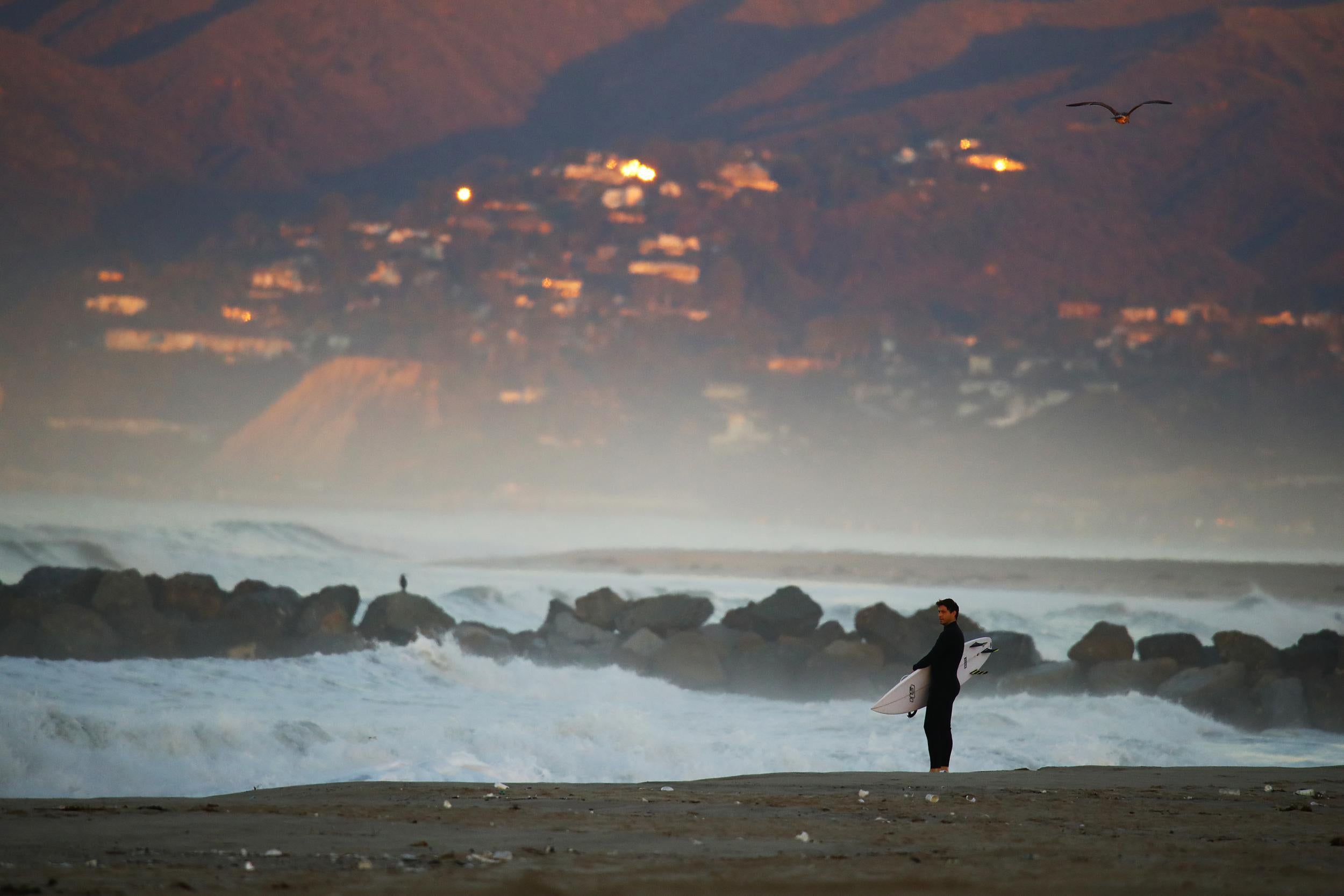California coastal communities sue 37 fossil fuel companies for 'knowingly contributing to climate change'
'It is unfair to force citizens, business owners and taxpayers to fend for ourselves,' says one mayor

Three California communities are suing 37 of the world’s largest oil, gas and coal companies for knowingly contributing to climate change.
San Mateo and Marin counties, as well as the city of Imperial Beach, have filed suit against companies like Exxon, Shell, and Chevron, which they claim produced roughly 20 percent of all greenhouse emissions between 1965 and 2015.
The communities are now seeking relief from the costs of climate change, which include rising sea levels and carbon dioxide pollution.
"As a low-income coastal community, we have no capacity to pay for the adaptation measures needed to protect ourselves from these impacts,” Imperial Beach Mayor Serge Dedina said. “It is unfair to force citizens, business owners and taxpayers to fend for ourselves when the source of the problem is so clear."
Marin County, meanwhile, argues that the effects of flooding caused by climate change will cost the community upwards of $15.5 billion (£11.9 billion) in the next 15 years alone.
The communities further claim that the companies knew about the effects of climate change for at least 50 years, but failed to act. The companies, they allege, took steps to secure their own assets, but did nothing to warn the larger community.
Previous investigations have claimed that Exxon Mobil sat on findings from one of their senior scientists about the effects of climate change, starting as early as 1977. Exxon claims they never sought to hide these findings.
A spokeswoman for Shell told The Guardian that the company believes climate change is a “complex societal challenge that should be addressed through sound government policy and cultural change ... not by the courts”. A spokesman for Statoil pointed out that previous, similar cases had been dismissed for being outside the scope of the judiciary.
Similar complaints have seen some success against the tobacco industry, after local governments sued cigarette manufacturers for health-related expenses. The most prominent of these claims was settled outside of court, for a substantial sum.
According to Columbia Law Professor Michael Burger, however, causation may be more difficult to prove in the case of climate change.
"Proving that these particular emissions that came from these fossil fuel companies led to this particular level of sea level rise and contribute X amount to harms that have happened or will happen – that's a long chain of causation,” Mr Burger told Insideclimate News.
"There are a number of significant legal hurdles,” he added.
Join our commenting forum
Join thought-provoking conversations, follow other Independent readers and see their replies
Comments
Bookmark popover
Removed from bookmarks